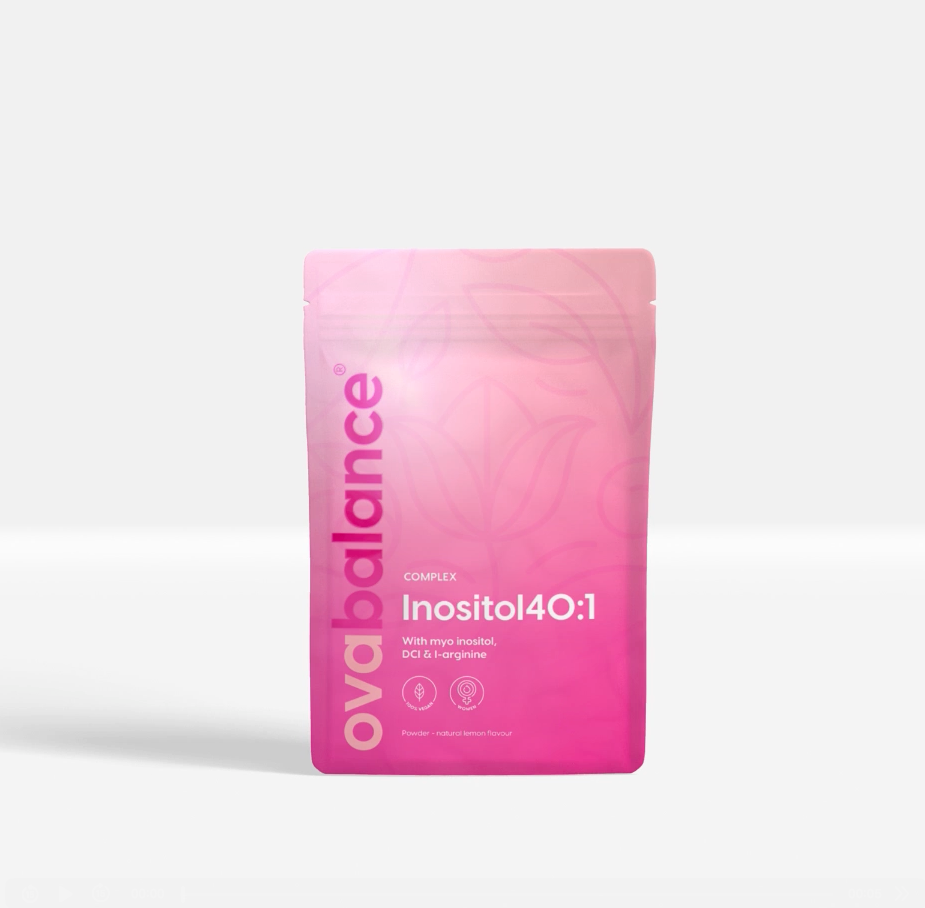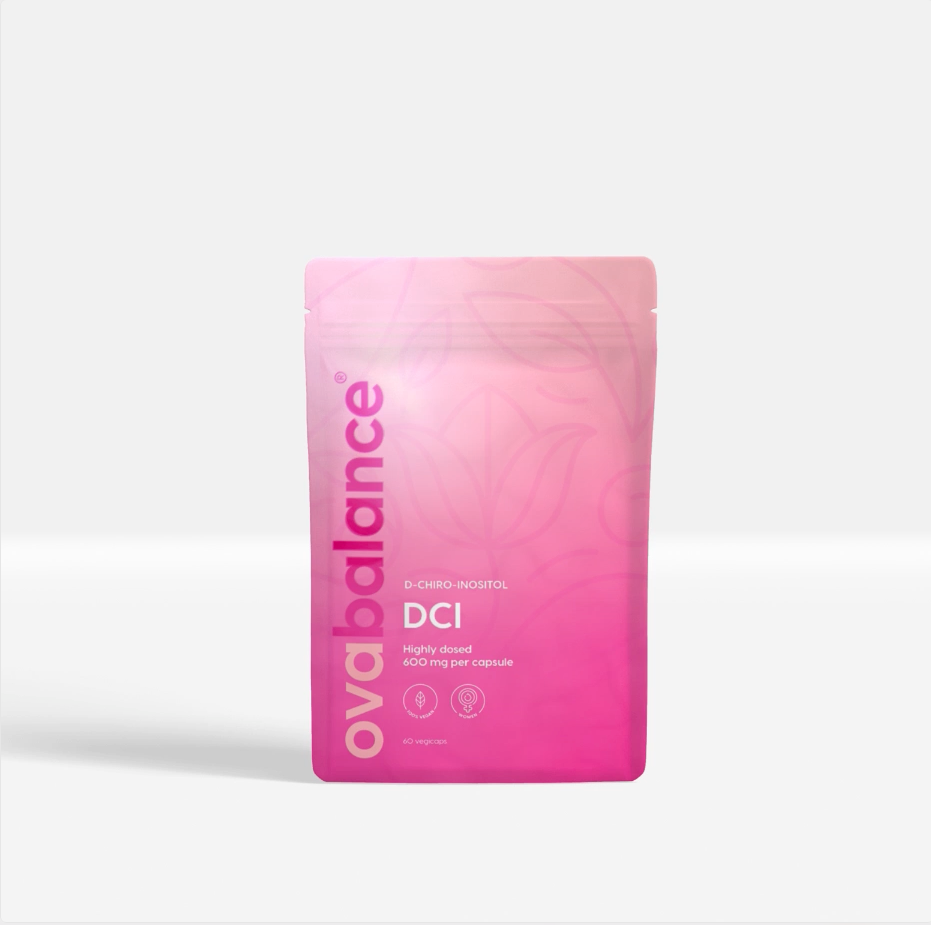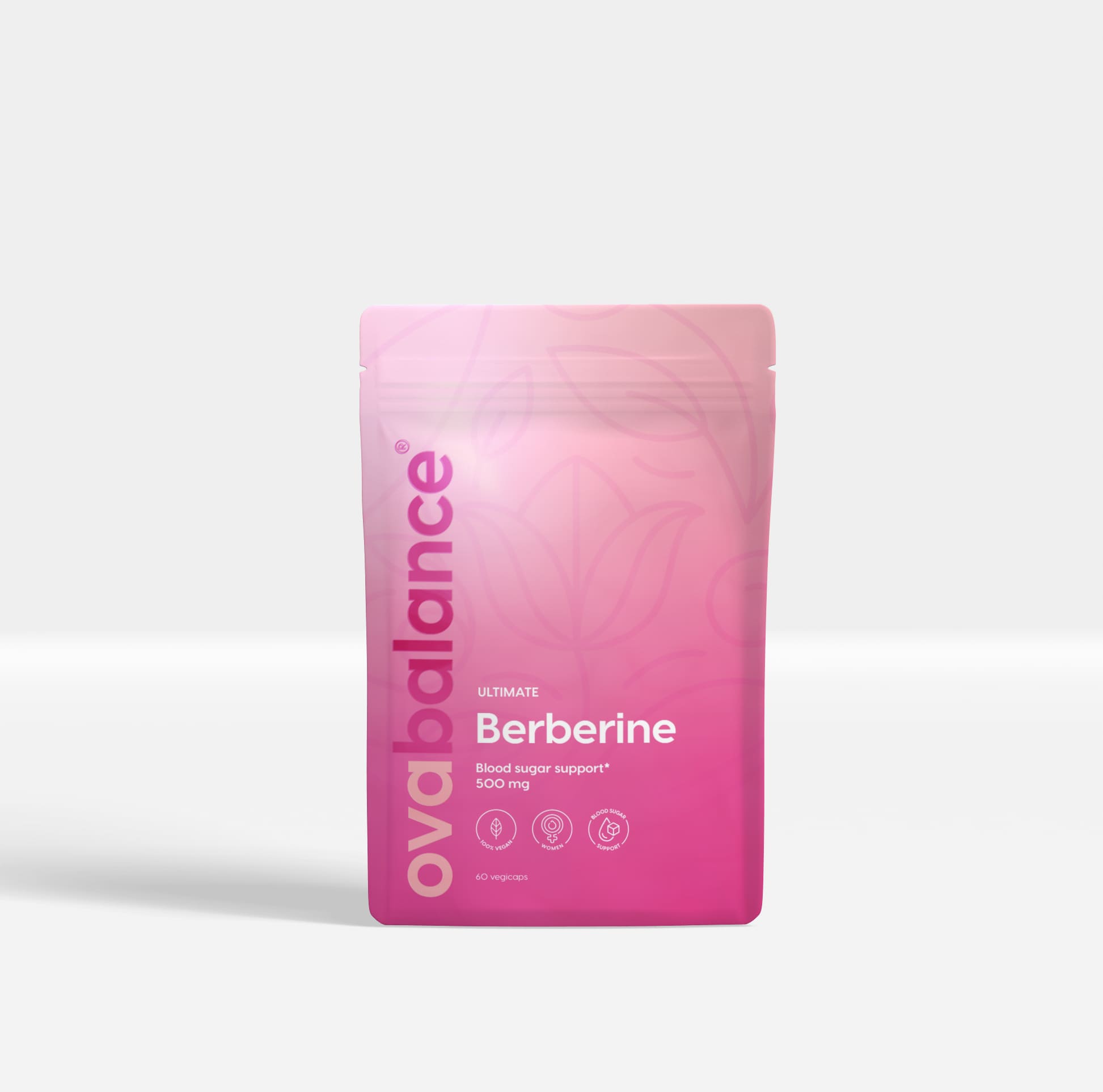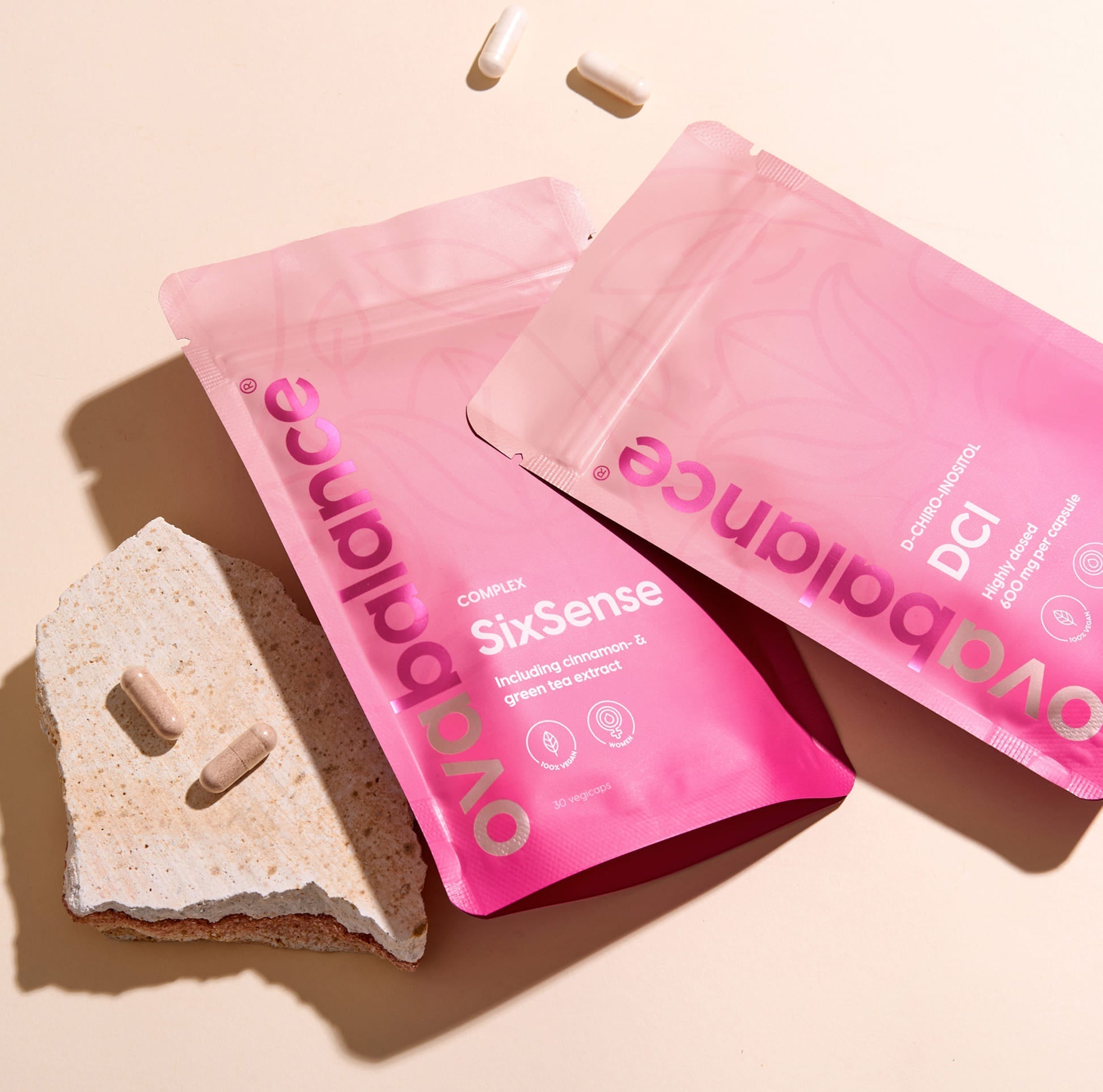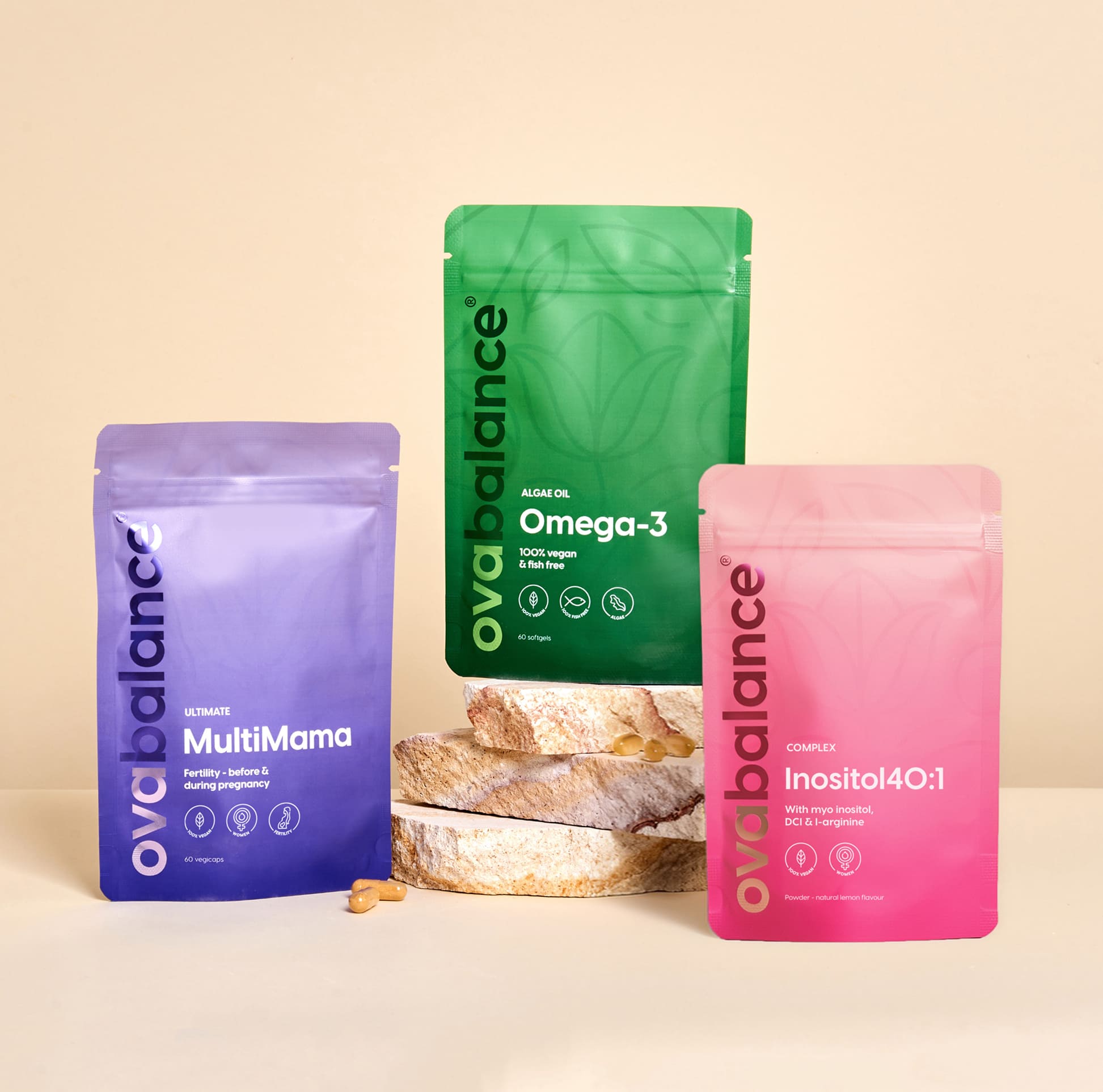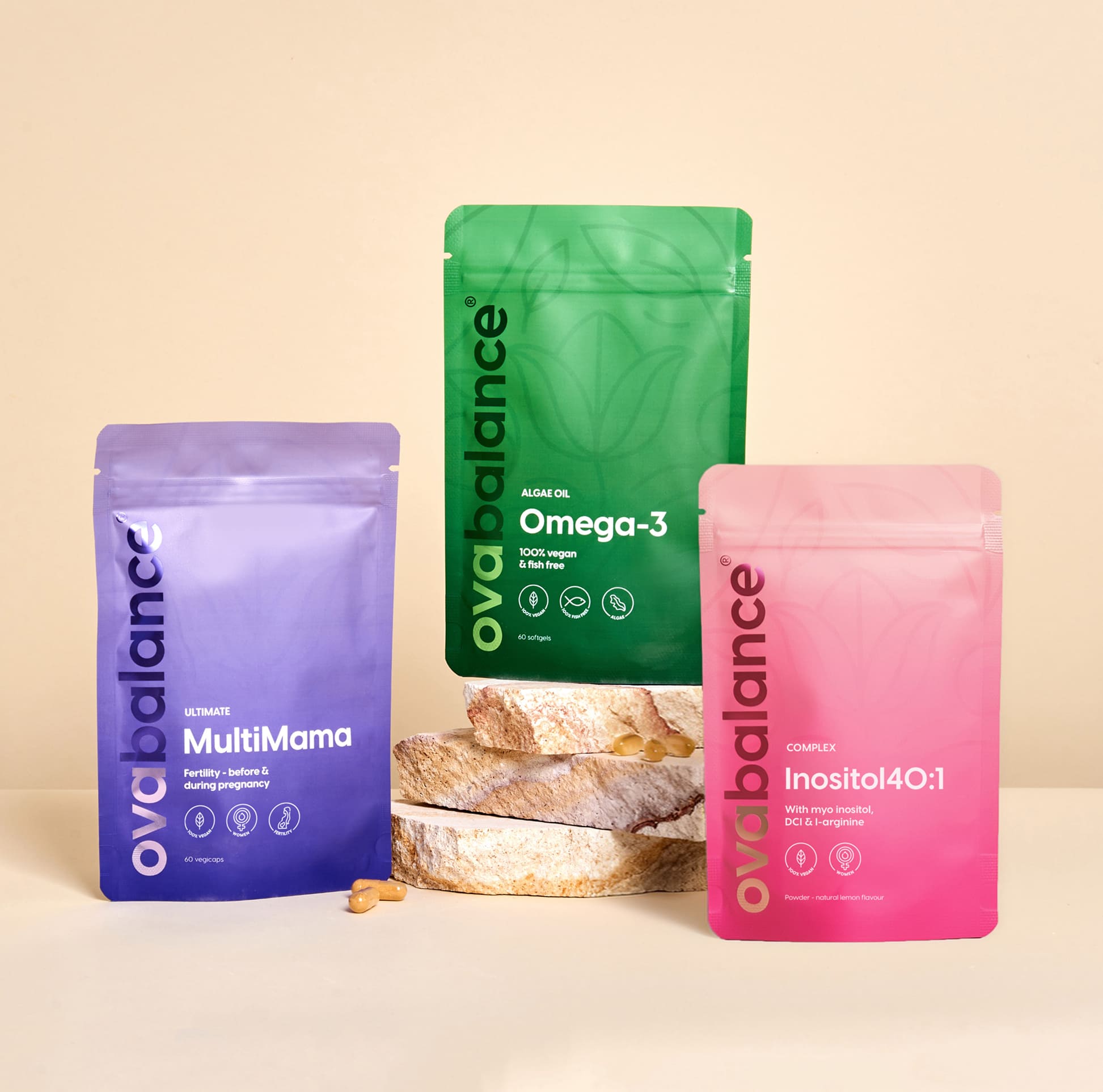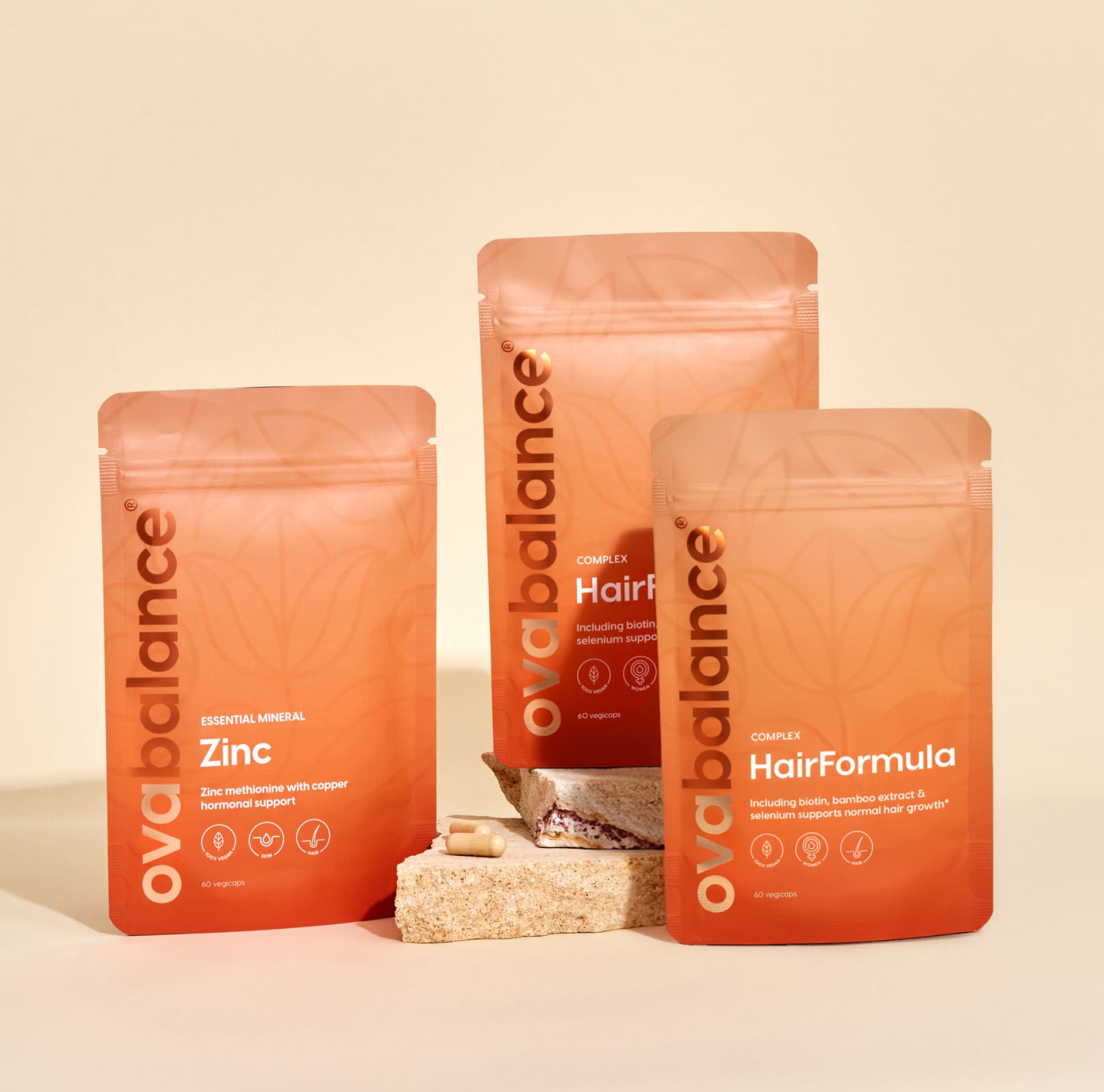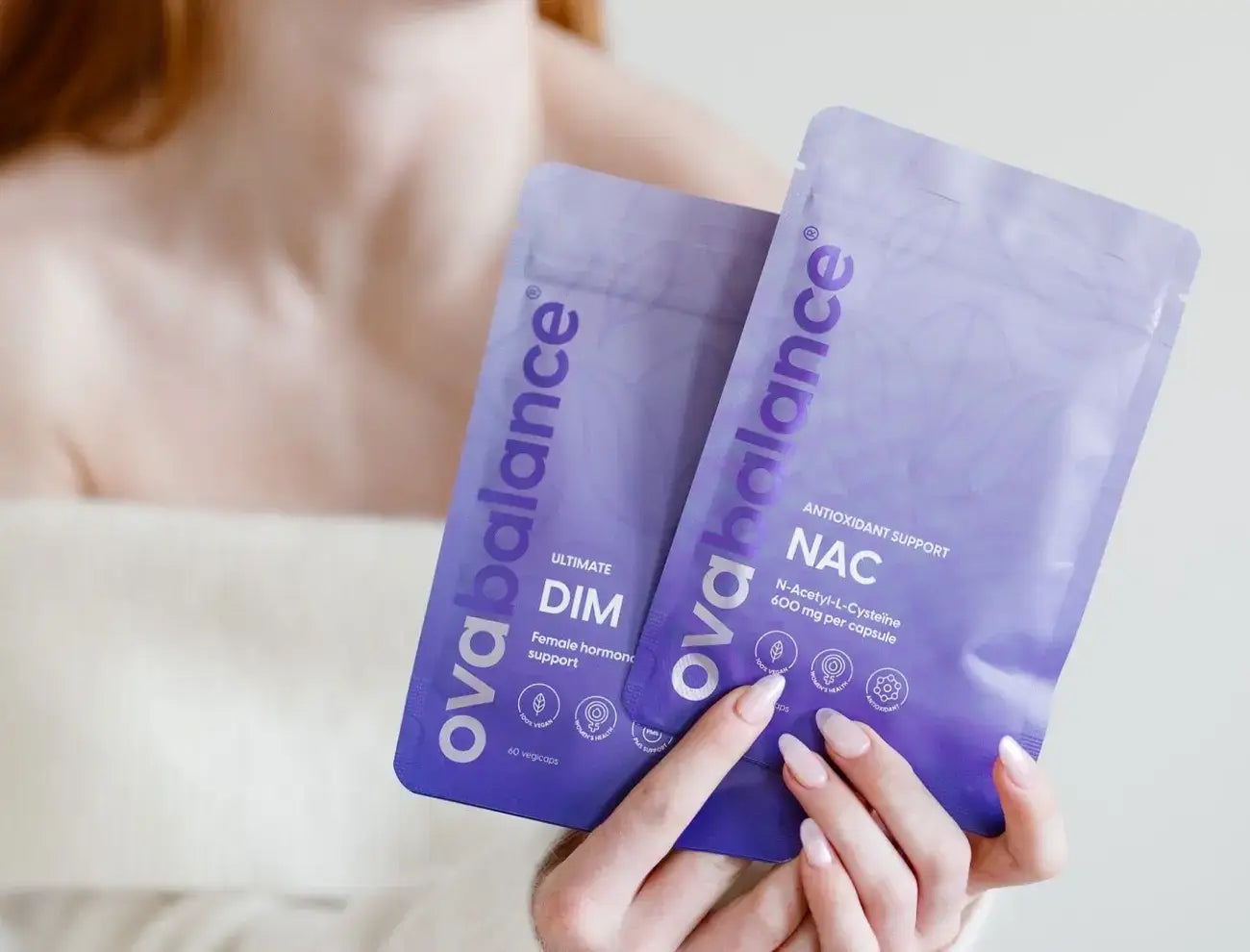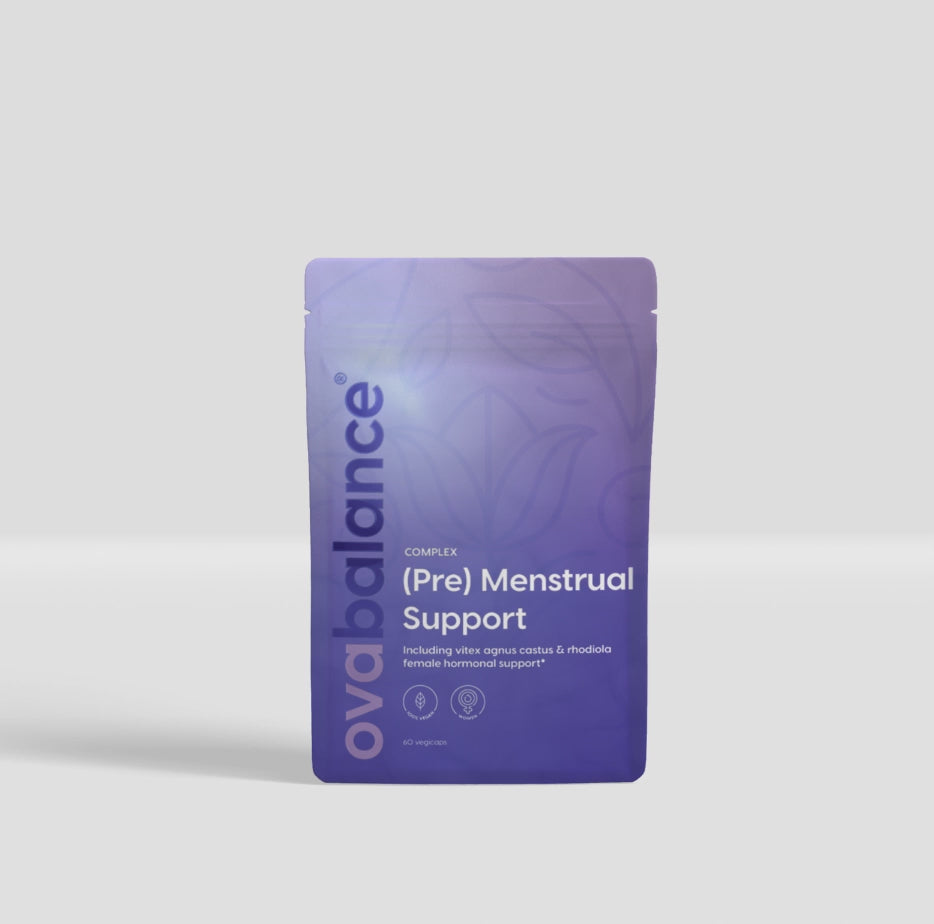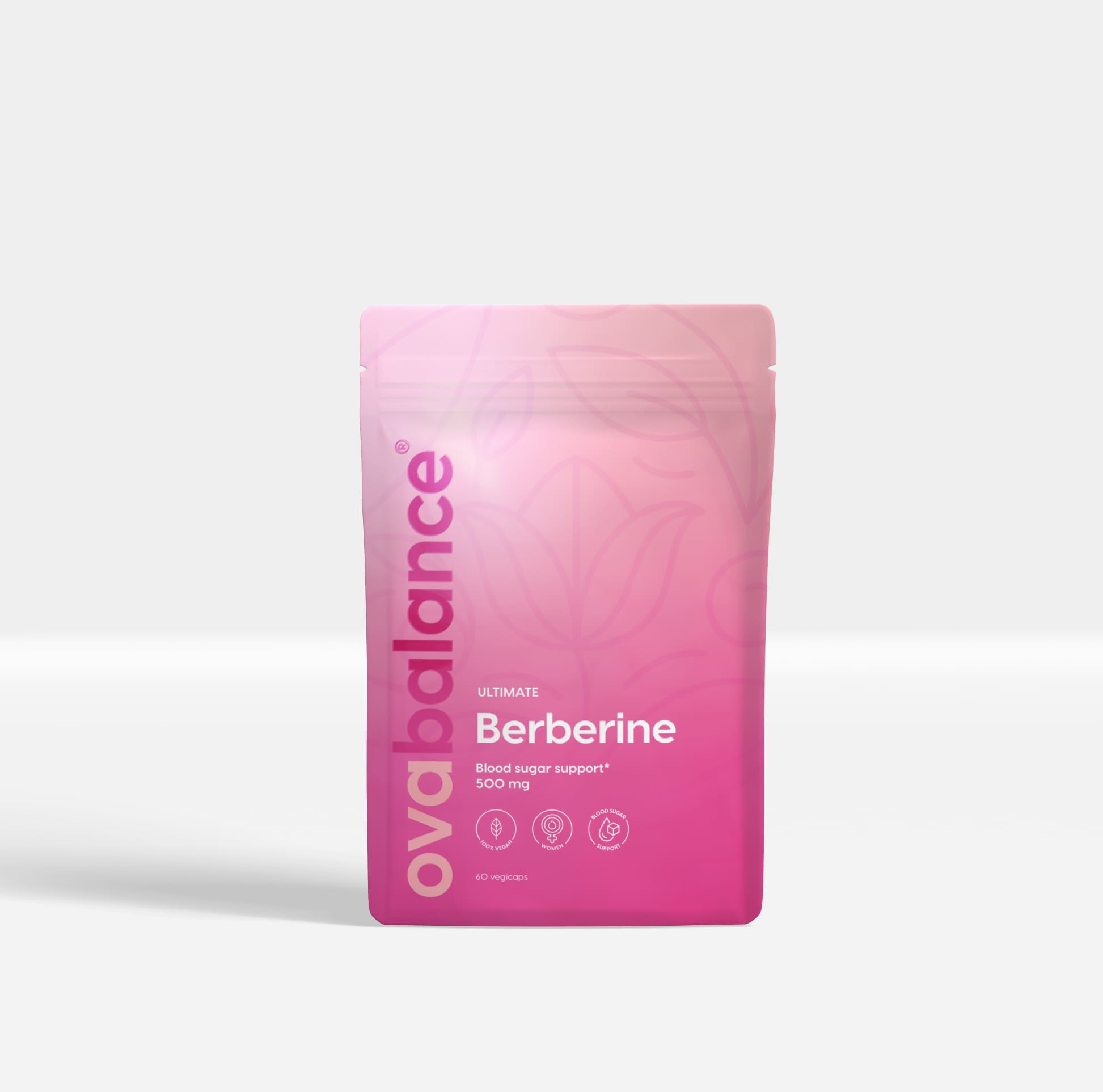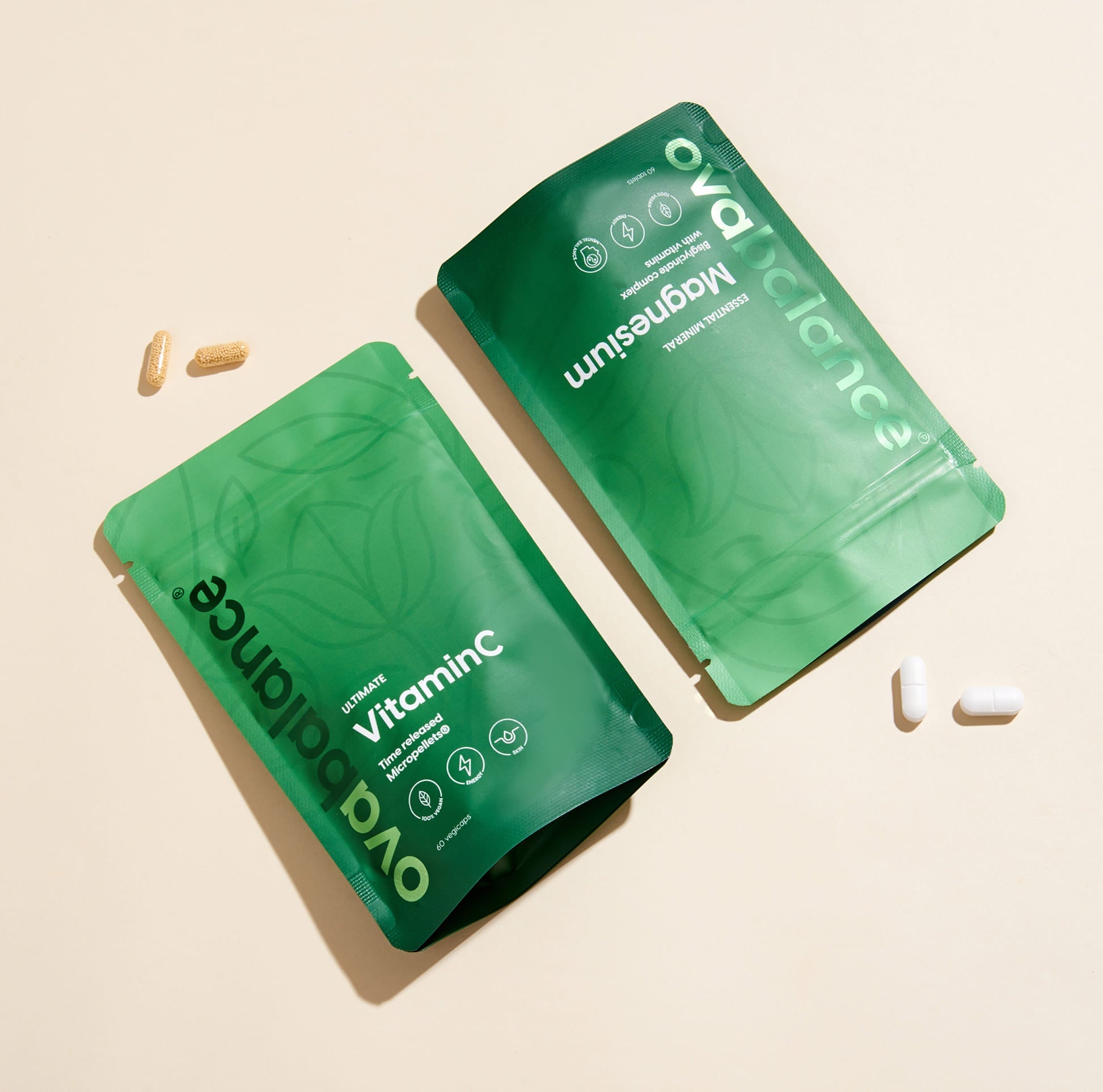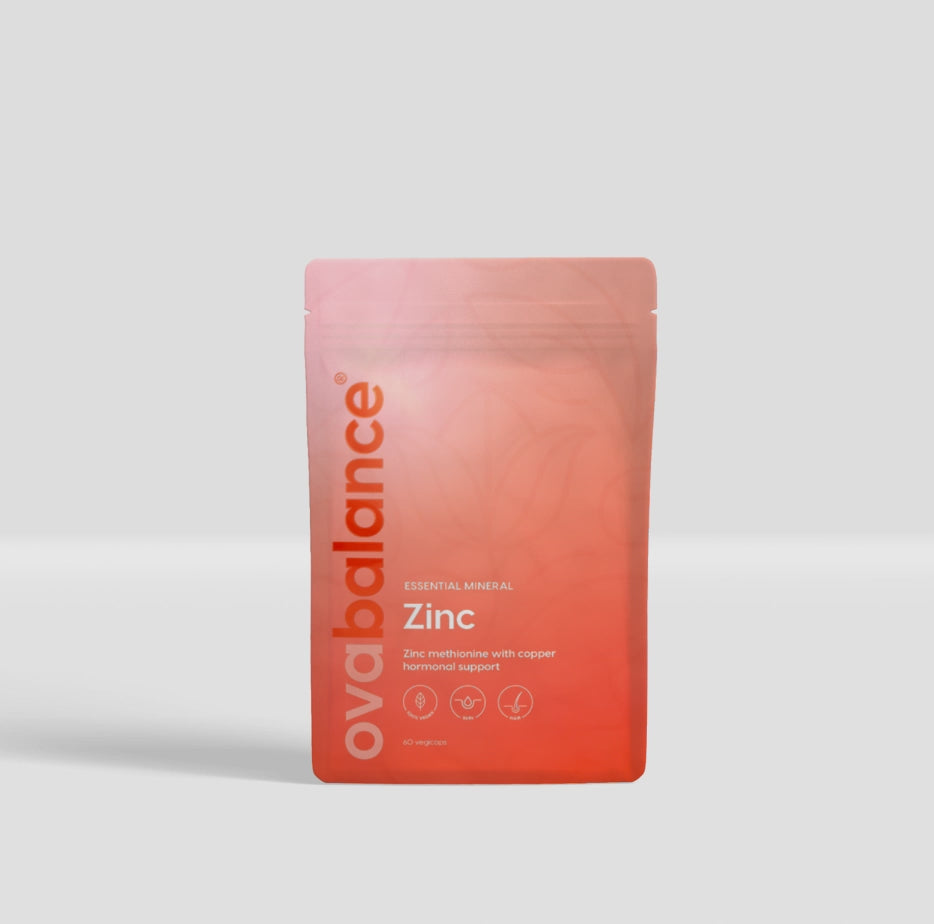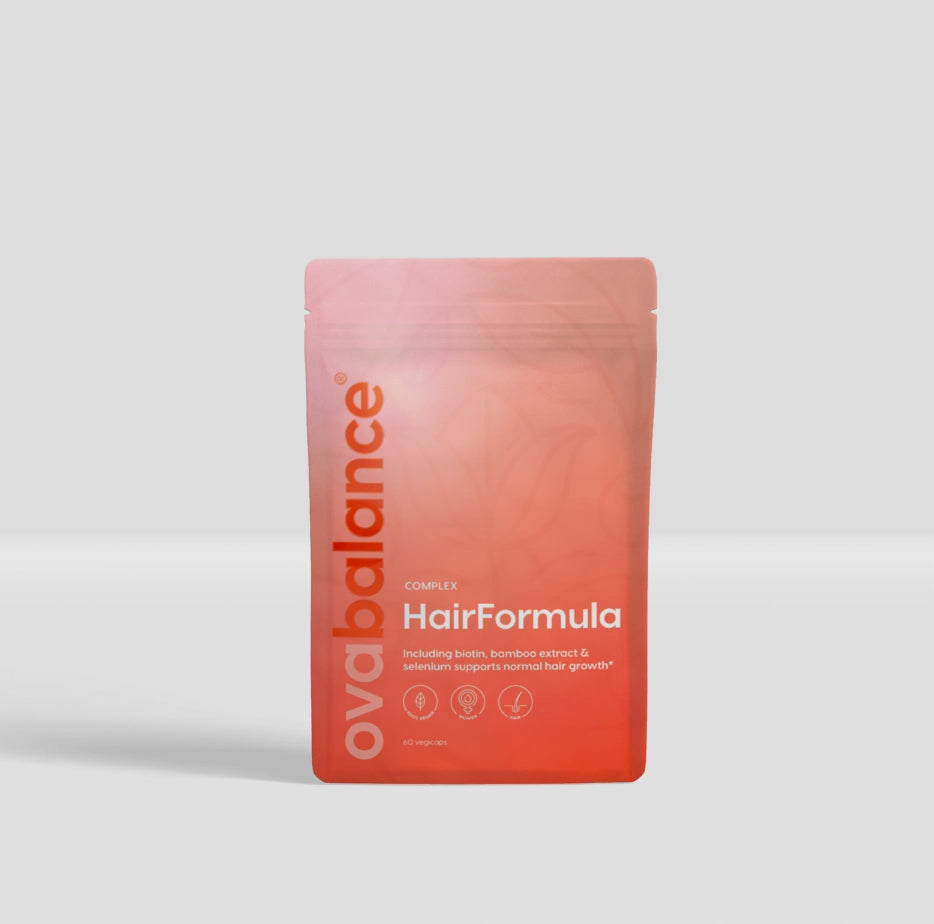

Choline plays a role in various bodily processes. Also during your pregnancy. When you are pregnant, your need for various nutrients is somewhat higher than normal. This also applies to choline. What is choline and what function does it have for your body? And more importantly: how do you ensure that you get enough of it during your pregnancy?
Contents
What is choline?
Choline is a nutrient that your body can also produce itself. But because not everyone produces enough choline, it is also an essential nutrient to get through your diet. You need it for various bodily functions. It plays a role in the function of your liver and the maintenance of the structure of our cell membranes.
Choline is water-soluble. And it is a nutrient that is similar in structure to the B vitamins. It is not without reason that choline is also called vitamin B4. Although it is important to get enough, you should not take too much choline. An excess is also not healthy.
The benefits of choline
Choline plays a crucial role in several bodily functions, including:
Choline plays a role in the production and breakdown of homocysteine . Homocysteine is an amino acid: a building block of proteins. When there is too much homocysteine in your body, it can cause problems. You need choline (among other things) to maintain a normal homocysteine metabolism.
Choline contributes to the maintenance of the structure of cell membranes . Cell membranes form the outer layer of our cells. Our entire body consists of cells. A cell membrane keeps the contents of your cells together. Choline is part of the cell membrane.
Choline is also needed for normal lipid metabolism. It plays a role in transporting fats through your body.
Choline also has a positive effect on the liver. Choline contributes to the maintenance of normal liver function
Why choline is also important during pregnancy
Choline is just as important for you as a pregnant woman as it is for anyone else. However, the need for this nutrient is slightly higher than normal during pregnancy, because it is also used by the baby. The adequate intake of choline has been determined by the Health Council at 400 milligrams per day for both men and women. For pregnant women, the adequate intake is 480 milligrams per day.
The adequate intake is an estimate of the daily dosage that is thought to be sufficient for your body. It is issued when there is too little data to give a good recommended daily amount.
Choline remains important after pregnancy. Choline is found in high doses in breast milk, because it remains an important nutrient for your baby.
Which foods contain choline?
You can get choline from your diet. Some foods that are rich in choline are:
Eggs (especially yolks);
Liver (from various animals, such as chickens, cattle, pigs);
Meat (especially beef, chicken and pork);
Fish (such as salmon, halibut and tuna);
Dairy products (such as milk, yogurt and cheese);
Legumes (such as lentils and chickpeas);
Nuts and seeds (such as almonds and sunflower seeds);
Green vegetables (such as broccoli, Brussels sprouts and spinach).
The amount of choline in foods varies depending on the preparation method and the source of the food.
What can you do to supplement choline?
In addition to eating healthy and varied food, you can also take a supplement to increase your choline intake. A supplement that contains choline is, for example, the OvaBalance Ultimate Multi Mama . This supplement is a multivitamin that contains all the substances you need as a pregnant woman, in the right dosages. The supplement is also suitable during breastfeeding. This supplement contains 110 mg of choline per dose.

